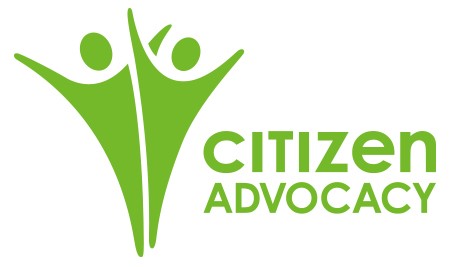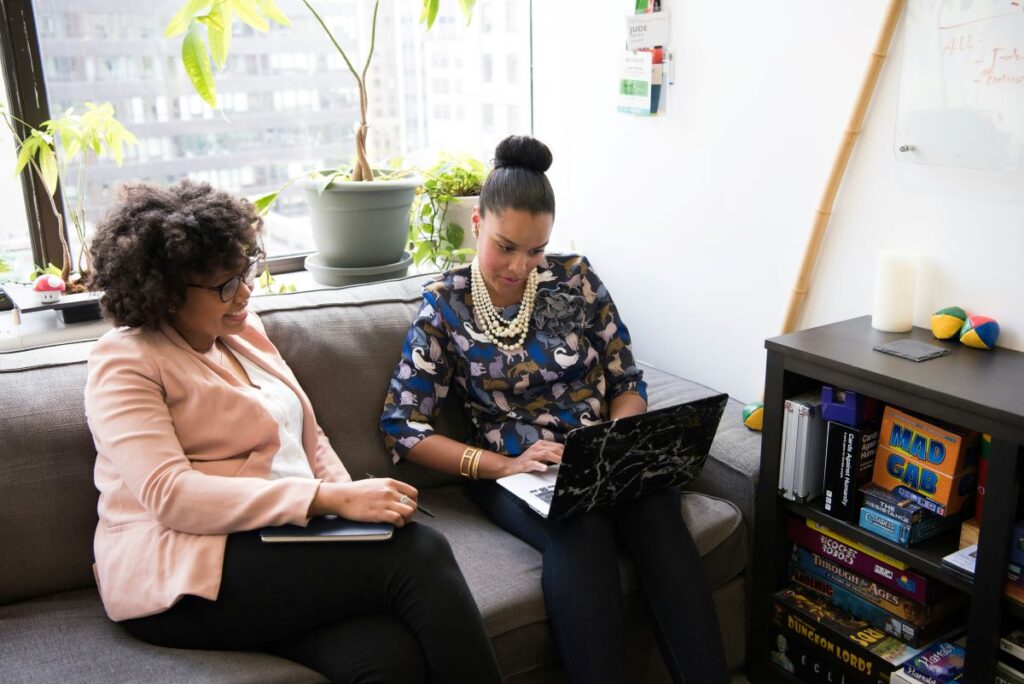Supporting Individuals with Intellectual Disability in Inclusive Environments.
In recent years, there has been an increasing emphasis on inclusivity across many sectors of society. The aim is to create environments where everyone, regardless of ability, feels welcome and can participate fully.
However, within the context of inclusivity, a delicate balance often needs to be struck between promoting inclusion and supporting social connections. This balance presents significant challenges and can profoundly affect the well-being and social integration of those with intellectual disability.
The Conflict
Inclusive practice seeks to create environments where diversity is embraced, and everyone feels a sense of belonging. This includes people with intellectual disability, who may require additional support to engage fully in social, educational, and professional settings. However, the pursuit of inclusivity can sometimes unintentionally create barriers to forming meaningful friendships.
Friendships play a crucial role in personal development, offering opportunities for companionship, support, and mutual understanding. Yet, in inclusive settings, people with intellectual disability may encounter barriers to forming these friendships. These barriers may stem from societal attitudes, limited understanding, communication difficulties, and varying cognitive abilities.
Impact on Individuals with Intellectual Disability
The conflict between inclusive practice and social connections can have significant consequences for people with intellectual disability. The struggle to establish meaningful friendships can lead to feelings of loneliness and isolation. Social relationships satisfy an essential human need for belonging and human connection. Without a supportive social network, individuals may feel that they don’t fit in, leading to self-esteem issues and impacting their overall well-being.
Exclusion from friendship circles can impede opportunities for social learning and skill development. Friendships provide valuable experiences for communication, cooperation, and conflict resolution—essential skills for navigating relationships and daily life. Without access to these experiences, people with intellectual disability may encounter additional obstacles to personal growth and independence.
Navigating Solutions
Addressing the conflict between inclusive practice and social connections requires a compassionate and holistic approach that acknowledges the unique needs and challenges faced by people with intellectual disability.
Individualised Support:
Recognising the diverse needs and preferences of people with intellectual disability is crucial. Providing personalised support, such as peer mentoring or trained facilitation, can help bridge communication gaps and facilitate social interactions, empowering individuals to build meaningful relationships at their own pace.
Promoting Accessibility:
Ensuring that environments are physically and socially accessible is essential for fostering inclusivity. This includes providing accommodations such as assistive technologies, communication aids, and sensory-friendly spaces to enhance participation and engagement for people with intellectual disability.
The conflict between inclusive practice and social connections presents significant challenges for individuals with intellectual disability, affecting their social integration, well-being, and opportunities for personal development. However, by embracing a compassionate approach that prioritises individualised assistance, and accessibility, we can work towards creating inclusive environments where everyone can thrive, forge meaningful connections, and contribute to society.




